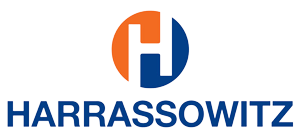Host 2023

As the oldest university in Switzerland, the University of Basel has a fascinating history of teaching and research going back over 550 years.
The university opened with a Mass held at Basel Minster on 4 April 1460. It has undergone dynamic development ever since its inception.
Basel likes to call itself the cultural capital of Switzerland, and is proud of its rich history in book printing, paper making, publishing, humanism and libraries, which goes back to the 15th century. The old town offers an intact picture with narrow alleyways, hidden squares and eye-catching sights such as the Town Hall or the Cathedral. In the 21st century the main driver of the economy and research are life sciences and biomedicine, which give rise to large chemical and pharmaceutical industries.
Conference Location
The conference will take place at the Odelya Conference Centre and Hotel, in inner-city Basel, near the Botanical Garden and the University.Basel likes to call itself the cultural capital of Switzerland, and is proud of its rich history in book printing, paper making, publishing, humanism and libraries, which goes back to the 15th century. The old town offers an intact picture with narrow alleyways, hidden squares and eye-catching sights such as the Town Hall or the Cathedral. In the 21st century the main driver of the economy and research are life sciences and biomedicine, which give rise to large chemical and pharmaceutical industries.









